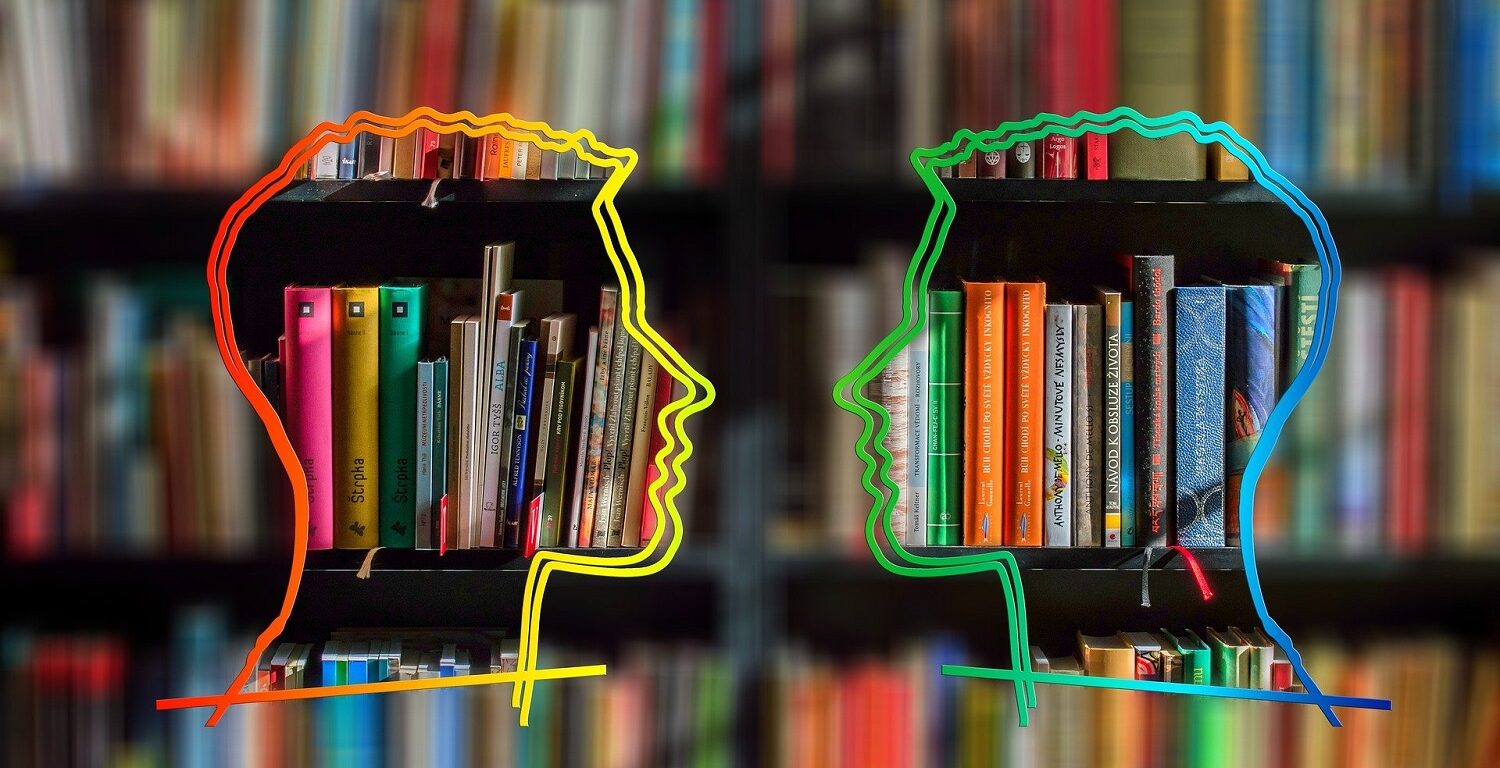Memorizing information is a very important skill that can have an impact on one’s creative and professional life.
Helping you remember what you read
The ability to retain information in memory saves a lot of time. This ability will be indispensable especially at the time of studying at the university, when before the session you have to assimilate a huge amount of data in a short period of time. Statistics show that after one day, people can remember only 20% of what they have read before. However, there are many methods that can greatly increase these numbers.
The following methods can help with reading comprehension:
- Psychological research proves that data will be absorbed much more deeply if you can read quickly. To do this, you need to master the skill of speed-reading – covering the text not by single lines, but by running your eyes over the page from top to bottom, diagonally. It may seem difficult, but in fact, constant practice is easy enough to achieve the goal. Don’t reread the page again; it distracts from the perception of the data.
- It is easiest to remember new information when fresh in your mind, so it is best to read in the morning, before you watch TV or sit at the computer. Pages read before lunch are more likely to stick with you than those read in the evening.
- Stop the habit of repeating sentences out loud; it is distracting, stressful on the nervous system, and tires the brain.
- To improve your results, make a habit of taking notes on the material you read. In fiction, you can write down your favorite passages, good poems, sayings of famous people, and just smart thoughts. From science – terms, dates, facts.
- To speed up and automate the process, start discussing what you read with other people. The information you recycle will stay in your memory much longer.
- Before reading fiction, first consult an abstract or an article by a literary critic. Before you start reading a book, you will get a first impression of the work, and you will be able to absorb the information more fully.
- Try to share what you have read with your friends and family. It will help you organize your data, and it will help you focus on what you need to read and what you need to pay attention to.
- As you read, ask yourself questions about the material, and approach the process with emotion. Thinking about what you like in the book, playing it back in your head, picking up associations, and commenting mentally will organize what you’ve read. You’ll assimilate the information more fully, and even years from now you’ll remember what you’ve learned.
To finally create a memorable environment for yourself, make reading as comfortable as possible. Read in a comfortable place, find the right lighting, and don’t start in a bad mood, otherwise you’ll only waste time.


